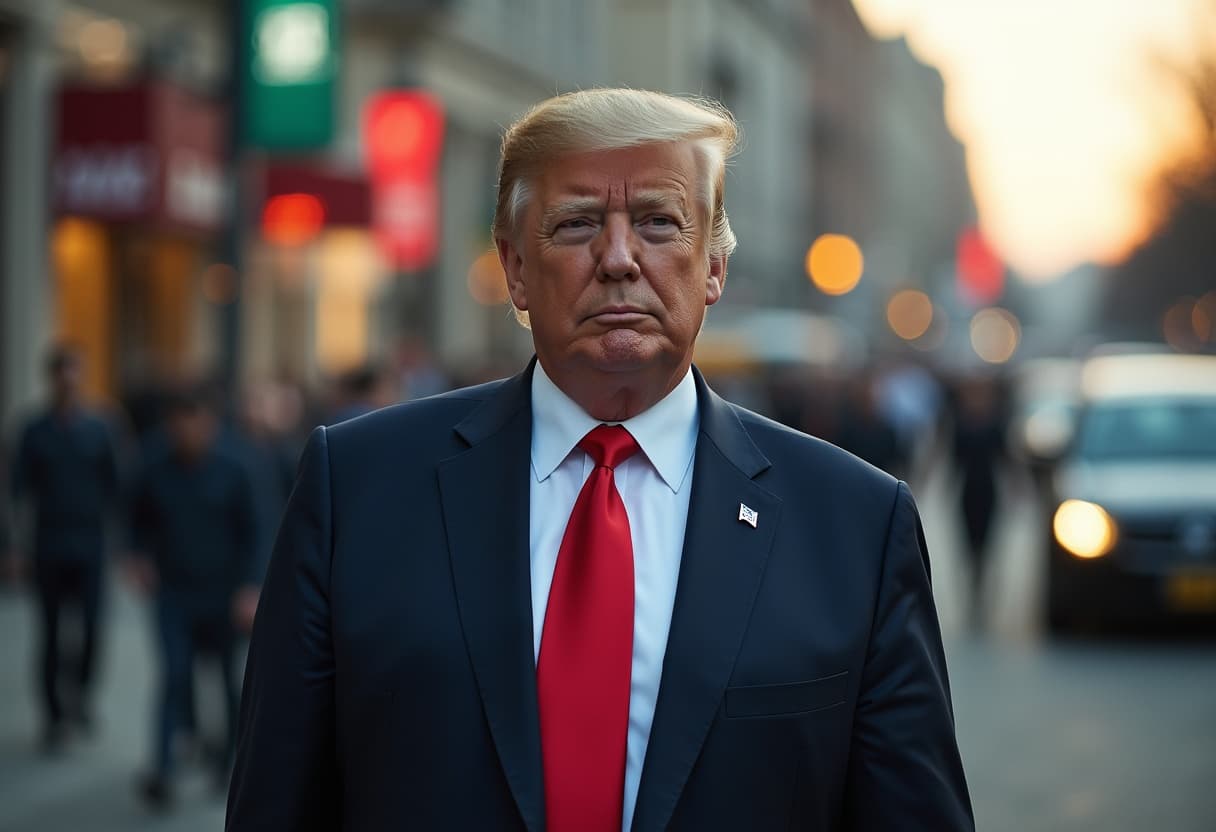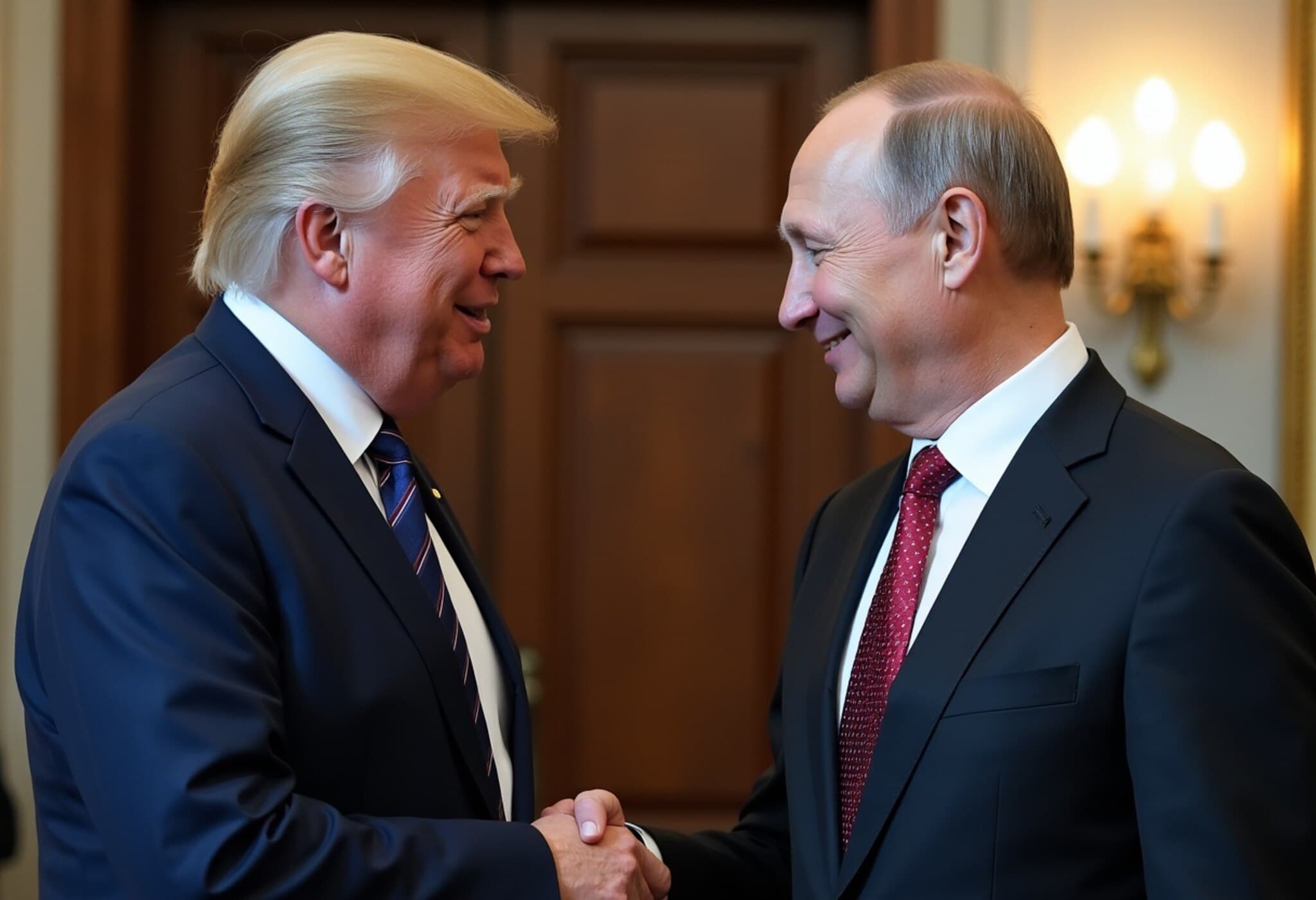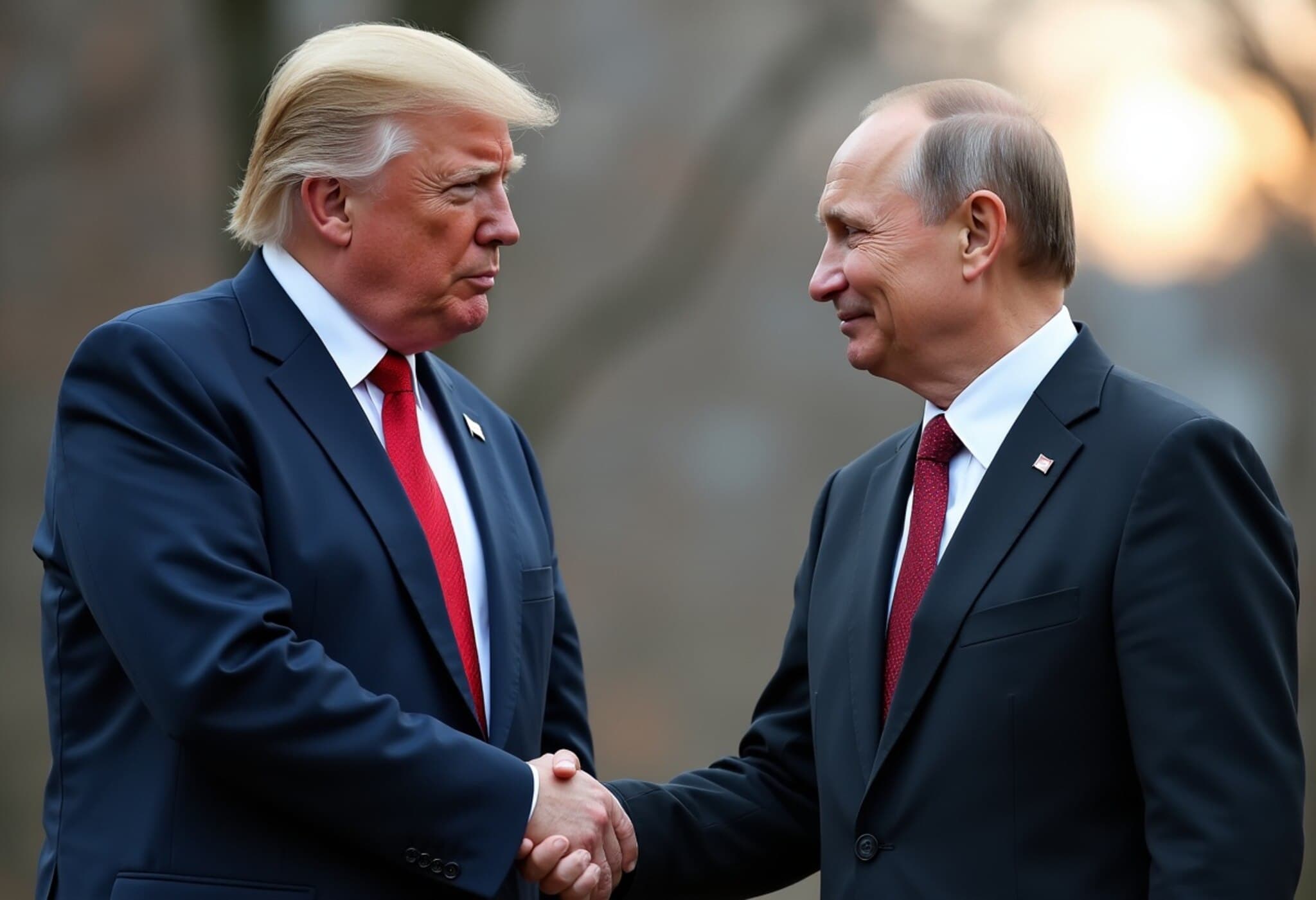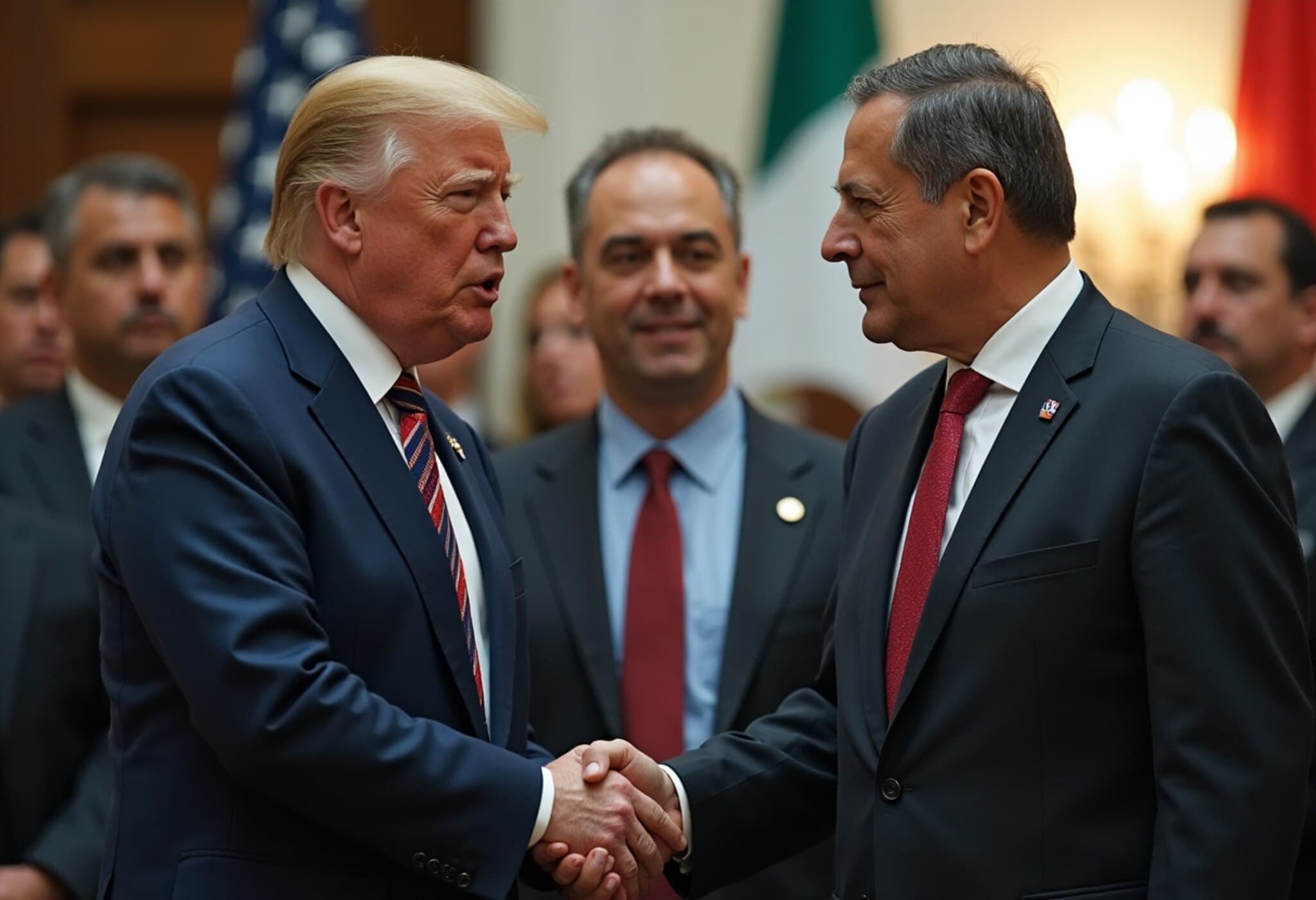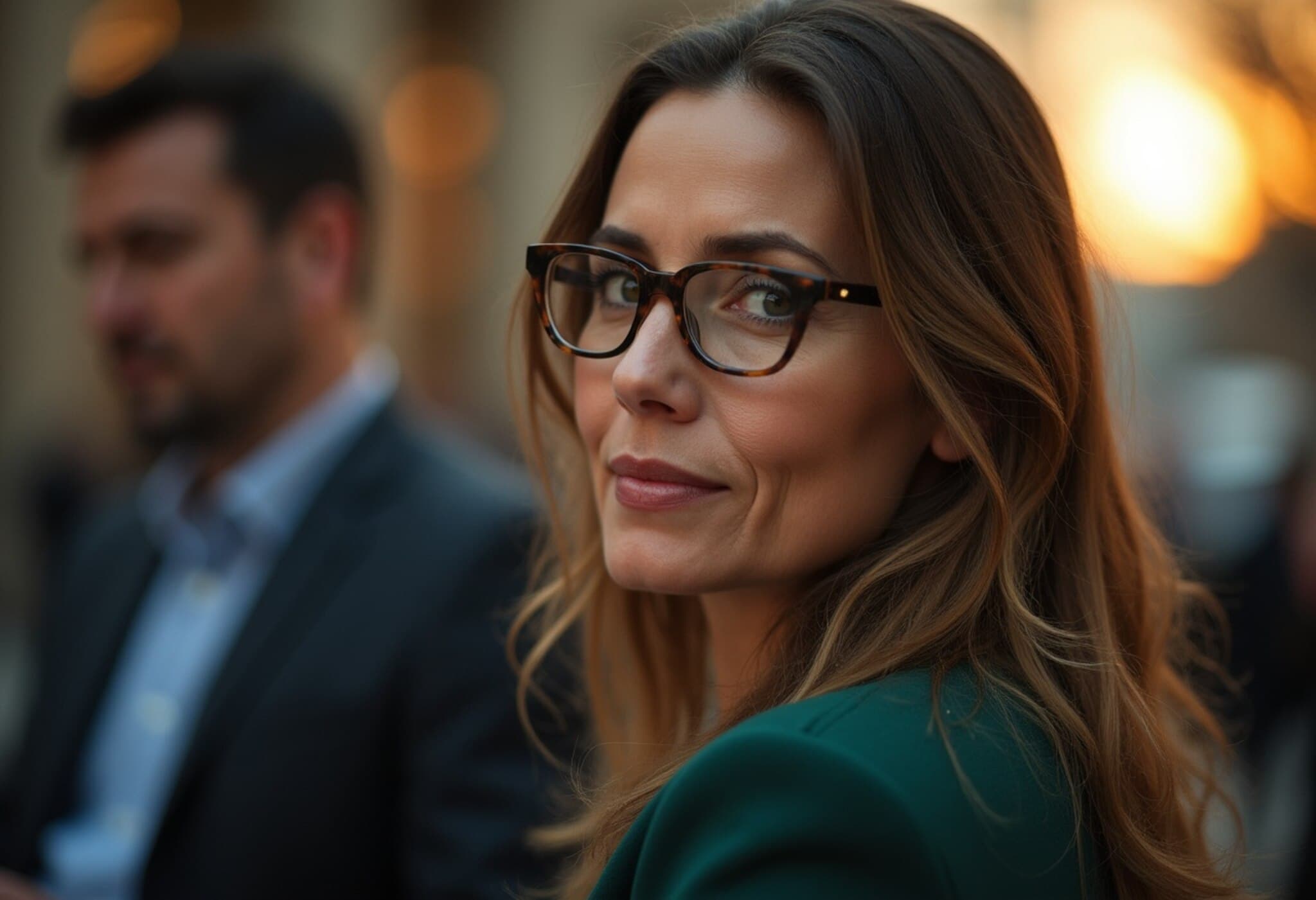Trump Administration’s Aggressive Tactics in Latin America Stir Debate
President Donald Trump’s recent campaign of targeting drug-smuggling boats off Venezuela’s coast has rattled the geopolitical landscape in Latin America. His administration’s hardline approach underscores a growing question with profound implications: could similar U.S. military actions be extended to Mexico, America’s largest trading partner and home to some of the globe’s most powerful drug cartels?
U.S. Strikes in the Caribbean: A Message to Criminal Networks
Since launching attacks on maritime vessels believed to be drug smugglers in the Caribbean, the Trump administration has declared a de facto war against cartels operating beyond U.S. borders. “I would be honored to go in and do it,” Trump declared regarding potential military operations targeting cartel members inside Mexico, describing them as entities seeking to "destroy our country."
These aggressive postures, however, are met with cautious but clear skepticism within Mexican government corridors. Senior Mexican officials in foreign affairs and security, speaking on condition of anonymity due to sensitive diplomatic concerns, emphasize the strength of ongoing bilateral cooperation on migration and drug interdiction. They dismiss the likelihood of unilateral U.S. military strikes on Mexican soil, viewing such an approach as a risk to a notably productive partnership.
Robust Cooperation Between the U.S. and Mexico
- Joint strategic operations have led to unprecedented results in managing migration flows.
- Coordinated law enforcement efforts have contributed to a reduction in fentanyl seizures at the border.
- Senior Trump administration officials reaffirm frequent intelligence sharing and operational collaboration, emphasizing respect for Mexico’s sovereignty.
Specifically, Secretary of State Marco Rubio’s September visit to Mexico reaffirmed the alliance, underscoring "the closest security cooperation we have ever had." Both governments issued a joint statement highlighting mutual trust and territorial respect. Nevertheless, Mexican President Claudia Sheinbaum has unequivocally drawn a red line, publicly declaring, “Under no circumstances will the people of Mexico accept interventions that violate our territory.”
Cartel Perspectives: Internal Conflict Trumps Fear of U.S. Attacks
Interestingly, interviews with operatives from the notorious Sinaloa Cartel reveal an internal focus that overshadows concerns about external interference. These cartel members, speaking under anonymity, express little fear of U.S. military strikes inside Mexico, trusting that Mexico’s government will prevent such interventions.
One midlevel Sinaloa security manager explained, “Even if they strike at sea, it won’t stop us. We have land and air routes.” This sentiment highlights the complex, multi-faceted logistics of drug trafficking operations that extend far beyond maritime pathways.
Domestic Pressures Also Shape Cartels’ Outlook
Besides internal rivalries causing violence and instability, Mexican criminal groups face heightened enforcement pressure from their government, with thousands of arrests, extraditions of top operatives, and the dismantling of fentanyl labs contributing to a measurable impact on drug trafficking networks.
Economic and Political Stakes: Why Mexico Is a Different Challenge
Any unilateral U.S. military action inside Mexico would not only be a diplomatic powder keg but also carry potentially devastating economic repercussions. The economic interdependence between the U.S. and Mexico is massive — with nearly $1 trillion in annual trade flowing between them.
Breaking this complex relationship could destabilize border states and prompt significant migration shifts. It also risks undermining hard-won security collaboration that has begun to yield measurable returns.
Public Opinion Divided on Potential U.S. Intervention
Surveys reflect a nuanced Mexican public perspective: over 60% oppose U.S. military operations within their borders, yet about one-third express conditional support, especially in areas like Sinaloa plagued by cartel violence and economic disruption.
Local business leaders and conservative voices in cartel-afflicted states sometimes view U.S. intervention as a solution to entrenched violence, saying “If that makes the violence stop, where do I sign?” Yet analysts caution this stance bears risks, urging careful consideration of unintended consequences.
Expert Insights: Navigating an Unpredictable Landscape
David Mora, senior analyst at the International Crisis Group, cautions, “The problem is the volatility and unpredictability of the Trump administration.” The administration’s shifting rhetoric and actions in Latin America complicate traditional diplomacy and spark debate over the best approach to dismantling transnational criminal organizations without collateral damage.
The Road Ahead
While current indicators suggest the U.S. will prioritize collaboration and shy away from direct military intrusions into Mexican territory, the evolving geopolitical dynamics and President Trump’s combative rhetoric keep the situation fluid. Both nations face the challenge of balancing sovereignty, economic interests, and shared security objectives amidst pressures from powerful criminal syndicates and domestic public opinion.
Editor's Note
This evolving narrative highlights the intricate power dynamics at play between the United States and Mexico surrounding drug trafficking and national security. While deterrence and targeted strikes against smuggling operations offshore reflect an assertive U.S. stance, experts and officials alike acknowledge the complexity of extending such tactics onto Mexican soil. The economic ties, constitutional barriers, and public sentiment all argue for caution and collaboration. Yet, the stakes remain high, and the question persists: How far will America go in its battle against drug cartels, and at what cost to regional stability?
Continued coverage will monitor diplomatic exchanges, cartel activity patterns, and shifts in policy that could reshape security cooperation across North America.

